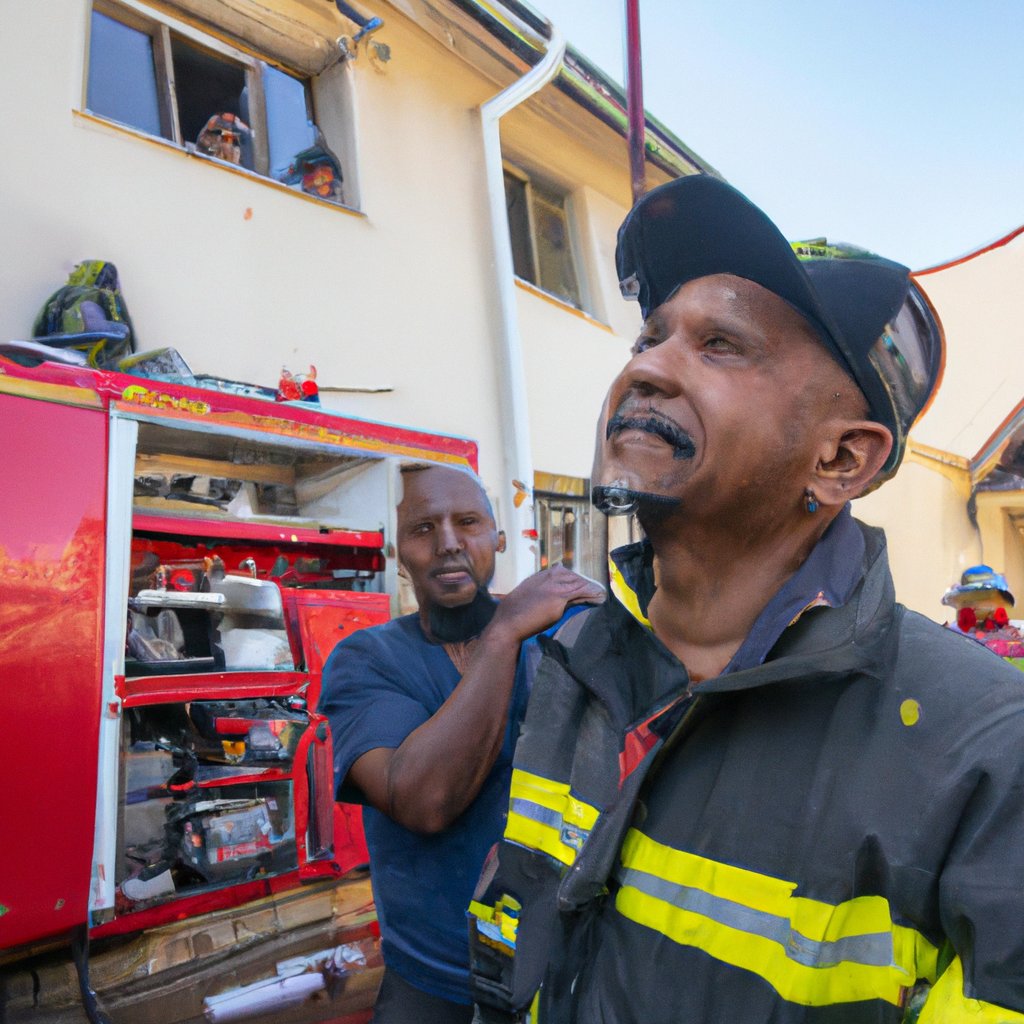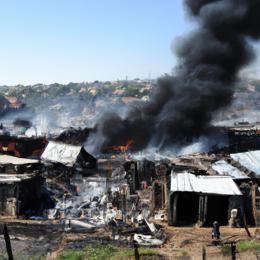Picture: for illustration purposes
The Story of Survivors from the Deadly Johannesburg Building Fire
Onlookers gasped as Adam Time, a Malawi immigrant, narrated his hair-raising experience of fleeing from the horrific fire that engulfed 80 Albert Street in Johannesburg's city centre. He woke abruptly at 1am on Thursday to warnings of a raging fire, his normally homely apartment, now filled with suffocating smoke.
In the ensuing chaos, Adam jumped from the second-floor window with their child but lost Joyce, his wife in the clamour. "I tried to go back to find her but the entrance to the building was on fire and people stopped me from going through," Adam confessed, teary-eyed. Joyce’s whereabouts remain unknown since that ill-fated night.
Omar Arafat echoed similar sentiments of desolation and guilt; he, too, failed to save his sister Joyce before escaping the fire. He arrived from Malawi in 2022 to join Joyce. His vivid recollections encapsulated the frantic escape before losing consciousness.
Atoo Makanjira, another survivor from Malawi, escaped the fire through a window from the first floor. He lived in the building for four years sharing a room with four others to afford the rent of R1,600 imposed by illegal property hijackers.
Despite the building’s reputation as a haven for criminal activities since its illegal takeover in 2021, residents adhered to a semblance of peace. Before its unfortunate reputation, it was once a secure shelter for abused women and children. Yet, even under mayor Herman Mashaba, occupants were unable to vacate, continuing to pay rent to the hijackers.
In the aftermath of the disaster, Great Hope Organisation and Funeral provides aid, offering food, temporary accommodation, and arranging for the repatriation of deceased Zimbabweans.
This tragedy has sparked an insipid blame game, highlighting the systemic failure and lack of accountability that led to such catastrophic loss.

